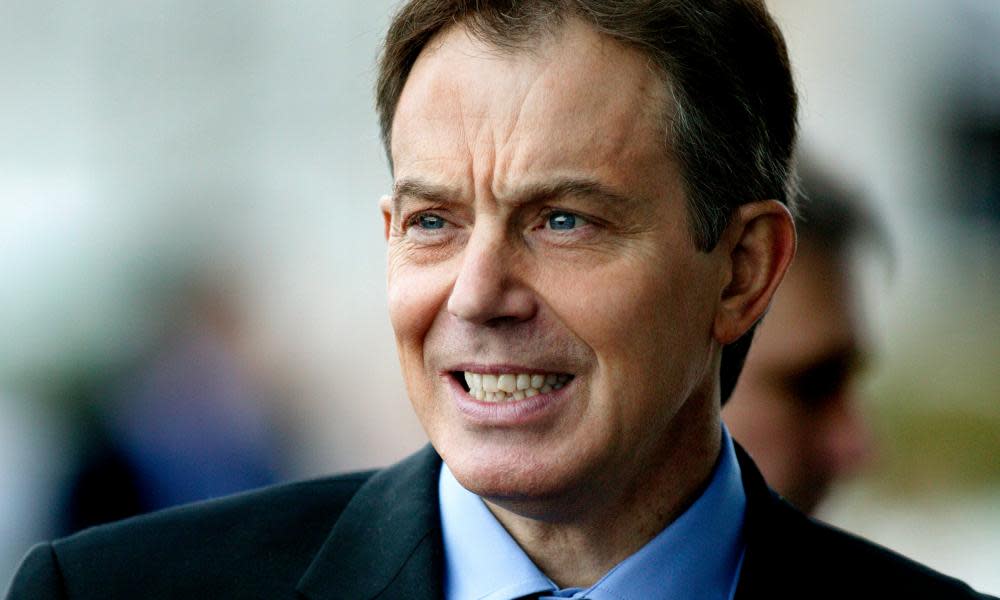History may yet be kind to Blair over the Iraq war

Jonathan Freedland’s analysis is simplistic (The real lesson of the Iraq invasion? Beware spies and allies who would drag you to war, 17 March). Saddam Hussein had a mothballed weapons of mass destruction (WMD) programme that he fully intended to reactivate once sanctions were lifted.
Sanctions were themselves responsible for great suffering and Saddam himself maintained the illusion that he did possess WMDs because he mistakenly thought this would protect him. Yes, Tony Blair and Alastair Campbell overegged the pudding, but let’s not let presentational mistakes get in the way of a true appreciation of the bigger picture. The Iraq intervention set off a wave of hope within the Arab world that was betrayed by the refusal to follow through in Syria.
The Ukraine war shows we need more US engagement, not less, in a dangerous world. Yes, mistakes were made, but the Iraq war is what an ethical foreign policy looks like. History may be kinder to Blair than Freedland allows.
Nick Martin-Clark
Gex, France
• Jonathan Freedland tells us he supported Tony Blair’s intervention in Kosovo, but it’s arguable that without the rapturous welcome he received in Pristina, Blair might not have developed the messianic fervour that gripped him when it came to Iraq. It wouldn’t have stopped George W Bush’s invasion, but if Blair hadn’t been “blooded” by all that adulation, he might have become the wise counsel that Bush so obviously needed.
Dave Headey
Faringdon, Oxfordshire
• Armando Iannucci (The Thick of It was fuelled by my anger at the Iraq war – and the way it left truth for dead, 18 March) quotes Tony Blair’s speech to the Labour party conference on 28 September 2004, in which Blair addressed issues arising from the Iraq war in words that included the assertion “I only know what I believe”.
I recall the observation of one professor at my medical school: “When someone commences a statement with the words ‘I believe’, I know that he is about to say something for which he has absolutely no evidence.” Blair’s frankly equivocal statement is effectively an acknowledgment that he did not have evidence that Saddam Hussein had WMDs.
Dr Jonathan Punt
London
• It was a happy coincidence that the anniversary of the invasion of Iraq (Editorial, 17 March) took place as the Liberal Democrat conference reasserted the party’s internationalist commitments and determination to unscramble the worst features of the Brexit deal. Those of us who followed Charles Kennedy’s lead in voting against the US/UK military action have no regrets, but the real heroes were Robin Cook and Ken Clarke. They defied those who put party unity before principle. In the context of Brexit, where are their successors?
Paul Tyler
Liberal Democrat, House of Lords
• One of my proudest moments as a Canadian was when my then prime minister, Jean Chrétien, rose in the House of Commons and declared: “We will not participate.”
False claims started a war that killed hundreds of thousands of innocents, conducted in the name of human rights. The belated soul-searching is a bit rich. It was not only an obvious catastrophic fools’ errand from the get-go, it was an abject lesson in how easy it is to manufacture the consent of idiots.
Gregory Stock
Toronto, Canada
• Have an opinion on anything you’ve read in the Guardian today? Please email us your letter and it will be considered for publication in our letters section.

 Yahoo News
Yahoo News 
